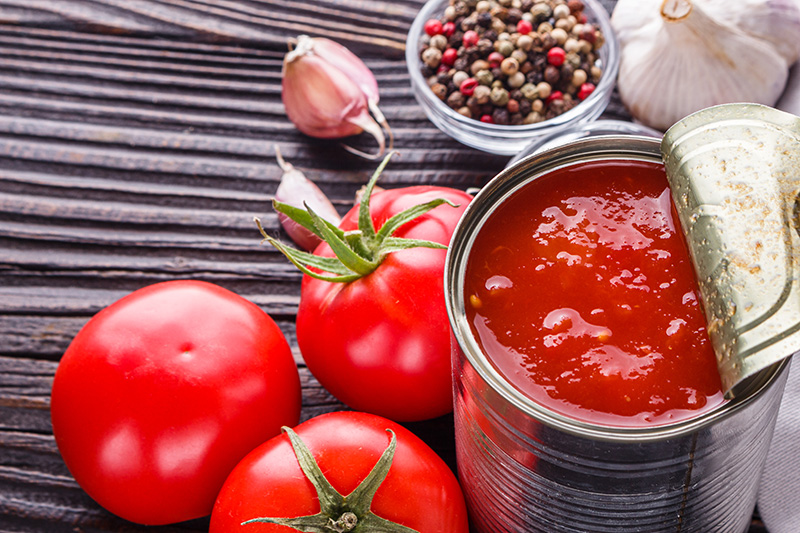It's easy to get answers about health and nutrition! Just send your question by email to [email protected] and Dr. Harlan will respond to selected questions of general interest. Answers will be posted in the Ask Dr. Gourmet newsletter (sign up now!) and archived in the Ask Dr. Gourmet section of the website.
Please note that the Ask Dr. Gourmet feature is restricted to questions regarding food and nutrition. Due to the many questions we receive, not all questions may be answered. For more specific questions about your individual health, please contact your doctor. About Timothy S. Harlan, MD, FACP, CCMS | Terms of Use | Privacy Policy
Ask Dr. Gourmet
Are tomatoes safe for those on dialysis?
I have heard that tomatoes of any type are not good for people on dialysis. Is this true?
Dr. Gourmet Says...

Knowing what to eat when you are on dialysis can be really challenging. The good news is that dialysis units are required to have a dietitian on staff for you to consult with.
Tomatoes can be part of your diet, but in very limited amounts, and consulting with the dietitian about your particular case is really important.
Because the dialysis machine that filters the blood of impurities is adjusted for each individual patient, and everyone's case is unique, the food advice the dietitian will give you will be individualized for you.
The main reason that tomatoes are an issue is that they contain a great deal of potassium and phosphorus, and our kidneys are responsible for keeping the potassium and phosphorus in our bodies in balance. When the kidneys are not working, both excess potassium and phosphorus can build up in the bloodstream to levels high enough to cause further health issues.
In addition to controlling potassium and phosphorus balance, the kidneys are also responsible for regulating sodium levels in the body. While fresh tomatoes don't contain very much sodium, canned tomato products will often have added salt, so that can be an additional issue.
Again, the good news is that you have access to a dietitian, and the National Kidney foundation also has great resources for you to use. Here are their Dietary Guidelines for Adults Starting on Hemodialysis.
Thanks for writing,
Timothy S. Harlan, MD, FACP CCMS
Dr. Gourmet
